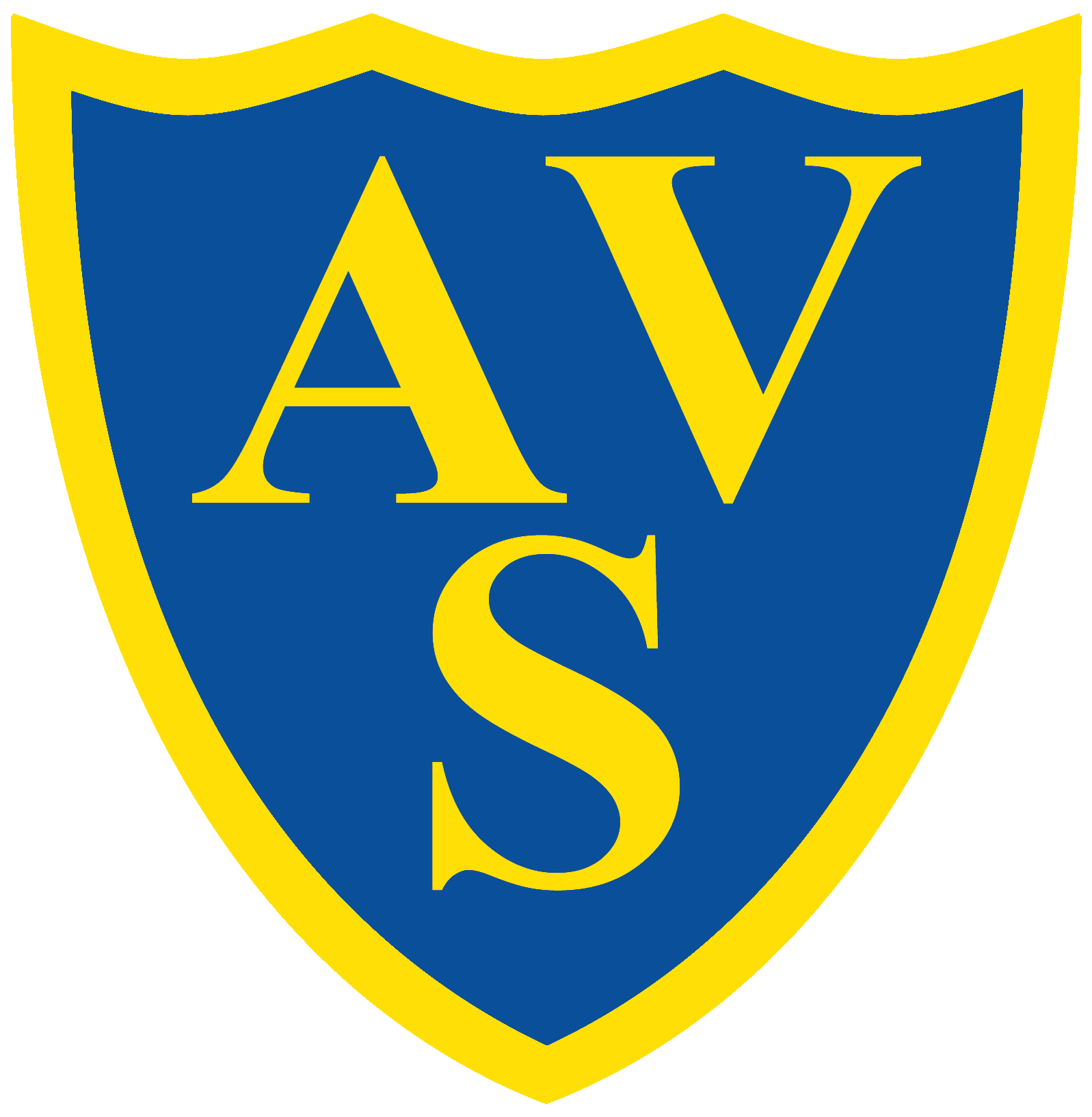Modern Foreign Languages
The MFL faculty at The Avon Valley School believe that learning a language is an exciting and enjoyable challenge which enables students to explore new linguistic skills and learn about other cultures.
The offer available to students is currently changing, and is correct below for the academic year 2025-2026.
In Year 7 all students learn French or Spanish. In Year 8, students study French.
In Year 9 students continue with their study of French, Spanish or German.
To support the learning of MFL, the faculty runs overseas residential trips to give students the opportunity to practise their language skills and experience being in a different country.
EPI Methodology
To achieve our aim, the MFL department is using the EPI method, developed by Gianfranco Conti, to deliver language learning.
Vocabulary is introduced by modelling and focusing on sounds (phonemes) – noticing sounds and the teaching of phonics is key to the development of good pronunciation. Students are given the opportunity to learn vocabulary in chunks to help them to remember more and to avoid cognitive overload. Sentence builders provide scaffolding and enable students to confidently use more advanced vocabulary and grammar structures, which are introduced implicitly. More explicit instruction comes later. Each group of vocabulary is thoroughly practised by initially concentrating on the receptive skills of listening and reading. Understanding is regularly checked using whiteboards and a variety of retrieval activities. Once students are fully familiar with the vocabulary they move onto the productive skills – speaking and writing. As students’ confidence increases, the scaffolding is removed to encourage autonomy. Less able students are supported for longer if necessary.
Vocabulary is constantly recycled and interleaved from one topic to another and the components of learning a language (knowledge and skills) are built upon to develop a deep knowledge and understanding of more complex structures. Each lesson includes an opportunity to retrieve vocabulary and grammar from previous learning – this is in the form of quizzes and other retrieval activities in class.
A brief overview of the topics covered by the faculty.
Year 7 |
Year 8 |
Year 9 |
|
Name and age Birthdays Hair and eyes Where I live Describing a person Relationships |
Animals Jobs Comparisons Items in my schoolbag Describing teachers Food |
Free time Daily routine and home life School Healthy lifestyles Holiday |
Courses currently offered by the faculty
MFL |
|
|
AQA GCSE French, Spanish or German The specification covers three distinct themes. These themes apply to all four question papers. Students are expected to understand and provide information and opinions about these themes relating to their own experiences and those of other people, including people in countries/communities where the language is spoken. Themes and topics There are three broad themes: 1. Theme 1: People and lifestyle 2. Theme 2: Popular culture 3. Theme 3: Communication and the world around us The topics included in each are: 1. Identity and relationships with others; Healthy living and lifestyle; Education and work 2. Free-time activities; Customs, festivals and celebrations; Celebrity culture 3. Travel and tourism, including places of interest; Media and technology; The environment and where people live |
|
Course structure |
|
|
Paper 1 - Listening What's assessed... Understanding and responding to different types of spoken language. How it's assessed • Written exam: 35 minutes (Foundation Tier), 45 minutes (Higher Tier) • 40 marks (Foundation Tier), 50 marks (Higher Tier) worth 25% of the GCSE. (Each exam includes 5 minutes’ reading time of the question paper before the listening stimulus is played). |
Paper 2 - Speaking What's assessed... Communicating and interacting effectively in speech for a variety of purposes. How it's assessed • Non-exam assessment • 7–9 minutes (Foundation Tier) + preparation time • 10–12 minutes (Higher Tier) + preparation time • 50 marks (for each of Foundation Tier and Higher Tier) worth 25% of the GCSE |
|
Paper 3 - Reading What's assessed… Understanding and responding to different types of written language How it's assessed • Written exam: 45 minutes (Foundation Tier), 1 hour (Higher Tier) • 50 marks (for each of Foundation Tier and Higher Tier) worth 25% of the GCSE |
Paper 4 - Writing What's assessed… Communicating effectively in writing for a variety of purposes How it's assessed • Written exam: 1 hour 10 minutes (Foundation Tier), 1 hour 15 minutes (Higher Tier) • 50 marks (for each of Foundation Tier and Higher Tier) worth 25% of the GCSE |
|
Exam board specification link - French |
|
The faculty also supports students in taking the GCSE in a range of other Modern Foreign Languages. In recent years, students have achieved a GCSE in Chinese, Portuguese, Italian, Russian, Arabic, Polish, Turkish and Urdu.
